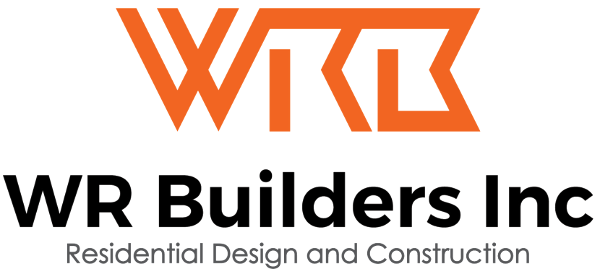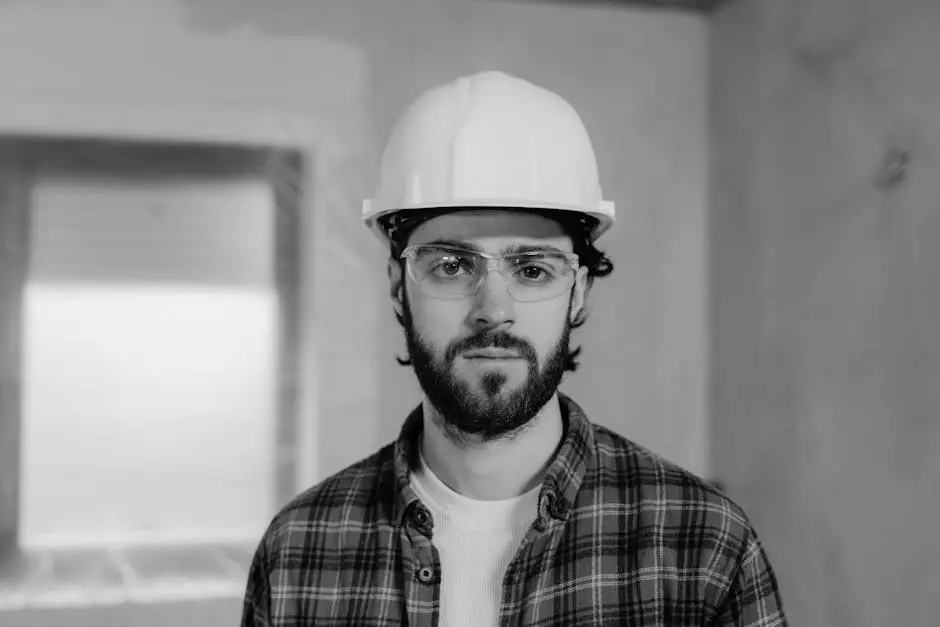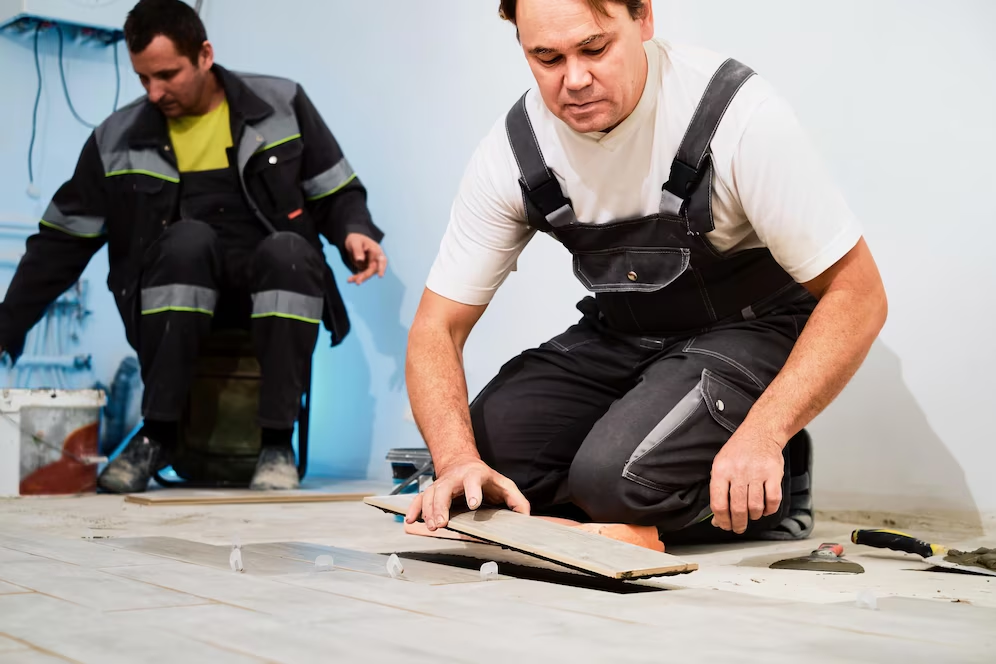Starting a new project can be exciting yet daunting. One of the most critical steps you can take is to choose the right general contractor. Asking the right questions can help you avoid potential pitfalls and ensure smooth sailing. Here are ten essential questions to ask your general contractor before embarking on your project.
1. What Is Your Experience with Similar Projects?
Understanding a contractor’s experience is crucial. By delving into their history with projects that are similar to yours, you get a better grasp of their ability to deliver quality work. References and examples of their past projects can serve as a strong indicator of their expertise and reliability. Make sure to ask your contractor if they have handled projects similar in scope and complexity to yours. This information will provide a clearer picture of their capability to meet your needs.
According to Family Handyman, one essential consideration is whether the contractor has experience with your specific project type. David Johnson, a renowned builder, emphasizes the importance of asking contractors about their prior work. You might also want to know if they have experience with any unique requirements your project may have.
2. Can You Provide a Detailed Written Estimate?
A detailed written estimate is an essential document that outlines the cost of labor, materials, and other expenses. This estimate helps you plan your budget and avoid hidden costs. By requesting a comprehensive estimate, you can ensure that all aspects of the project are covered, from start to finish. This avoids any surprises or unexpected costs that may arise later. Make sure the estimate includes a breakdown of costs for labor, materials, permits, and any other relevant items.
You can find several tips on what to include in your questions from Building a House. For example, confirming who will cover the costs of permits, ensure the contractor provides clarity on what their quoted price includes. An elaborate estimate can also act as a roadmap for payment schedules and keep your finances in check.
3. Do You Have the Necessary Licenses and Insurance?
Verifying that your contractor holds all the necessary licenses and insurance is a non-negotiable step. This protects you in case of any accidents or subpar work. Most states require contractors to have specific licenses; make sure your contractor complies with local and state regulations. Licenses are a testament to a contractor’s professionalism and adherence to regulations.
Insurance, on the other hand, is your safety net. It covers any damages or injuries that might occur during the project. If your contractor lacks the necessary licenses and insurance, you could be held liable for any accidents. Therefore, always ask for proof of these essential documents before any work begins.
4. Can You Share References from Past Clients?
Speaking to past clients gives you invaluable insights into a contractor’s work quality and professionalism. When asking for references, request a mix of recent and older projects to gauge consistency. Contacting these references can provide firsthand information about the contractor’s reliability, communication, and adherence to timelines.
When you reach out, ask about their overall satisfaction with the project, any challenges they encountered, and how effectively these were handled. A contractor confident in their work will happily provide references. This step will help you feel more secure in your decision, knowing others have had positive experiences.
5. What Is the Timeline for This Project?
Agreeing on a timeline from the start helps manage expectations. By setting clear milestones, both short-term and long-term, you can track the progress of your project efficiently. Questions about start dates, completion dates, and factors that could cause delays are crucial. This will also help you understand if your contractor can juggle multiple projects and still meet your deadlines.
Remember that timelines can be affected by various factors such as weather, supply chain issues, or unforeseen complications. Discussing how your contractor plans to handle these potential disruptions can provide added assurance. Knowing you’re on the same page regarding the timeline will reduce stress and ensure a smoother process.
6. How Do You Handle Permits and Inspections?
Permits and inspections are essential for compliance with local regulations. Ask your contractor about who will be responsible for obtaining these permits and managing inspections. Typically, a good contractor will handle these tasks, saving you from the hassle. This step is not only about compliance; it’s also critical for avoiding legal issues and ensuring quality work.
Make sure to understand all the permits required for your project, whether it’s a simple remodel or something more complex. Knowing that your contractor will manage the details of permits and inspections can offer peace of mind and allow you to focus on other aspects of the project.
7. What Measures Do You Take to Ensure Safety?
Safety is a critical aspect of any construction project. Ask about the safety protocols the contractor has in place to protect workers and residents. This could include safety gear, clear signage, and regular safety meetings. Especially if you’re living on-site during the construction, knowing the safety measures can alleviate concerns.
Contractors should also have emergency protocols, ensuring swift action in case of accidents. Understanding the safety measures helps you gauge the contractor’s commitment to a secure working environment. A contractor who values safety is likely to be more detail-oriented and professional in other aspects of the project as well.
8. How Do You Handle Changes or Unforeseen Issues?
Flexibility is key in any project. Construction rarely goes exactly as planned, so it’s crucial to discuss how the contractor deals with changes or unexpected problems that could arise. Whether it’s a change in design or unforeseen structural issues, understanding the contractor’s process for managing these situations will help you stay prepared.
Make sure to cover how changes will be communicated and how they might impact the timeline and cost. A good contractor should have a transparent process for handling modifications, complete with updated contracts and clear communication. This minimizes misunderstandings and keeps the project on track.
9. What Is the Payment Schedule?
Understanding the payment schedule helps you plan your finances. Typically, contractors will require a deposit and periodic payments as work progresses. The payment schedule should be clearly outlined in your contract, detailing the amounts and dates for each payment milestone.
Confirming these details upfront can prevent future financial stress and ensure that there is mutual agreement. Also, consider asking about any penalties for delayed payments or what happens if you need to delay a payment. Clear financial terms contribute to a smoother working relationship and a more organized project.
10. Who Will Be Onsite Supervising the Work?
Knowing who will be overseeing your project daily is crucial. Ensure there is a clear line of communication between you and the onsite supervisor. A qualified supervisor ensures the project stays on track and meets quality standards.
Make sure to have the contact information of the project supervisor and understand their role in the management hierarchy. This helps you know who to reach out to for daily updates or in case of issues, ensuring smooth communication throughout the project period.




